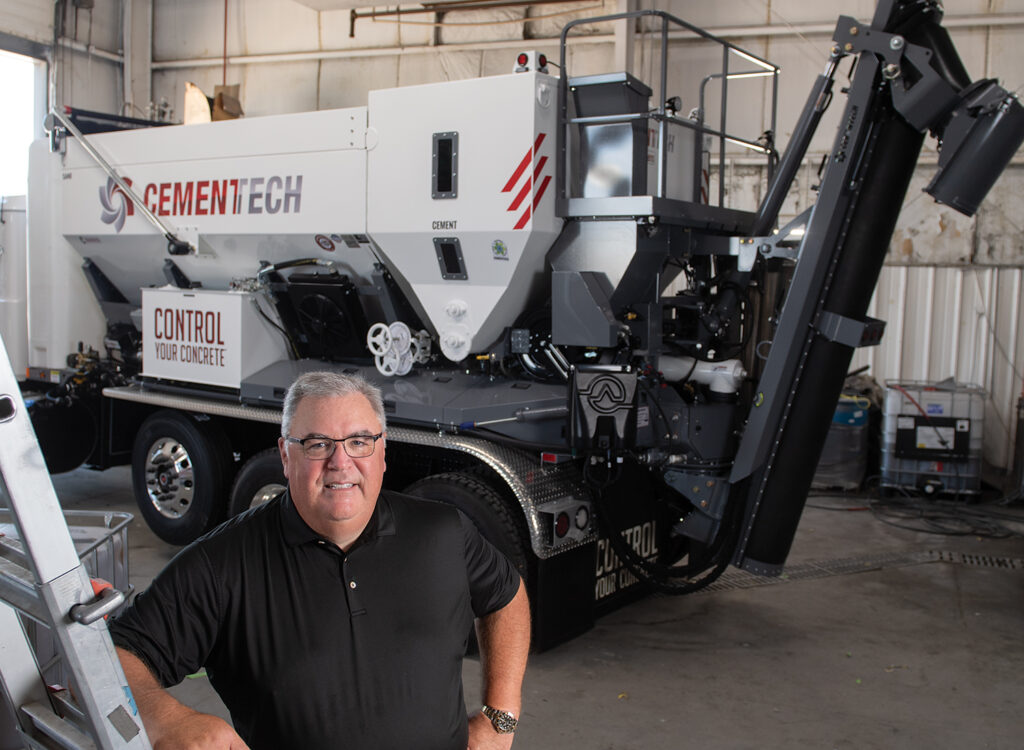Legislature adjourns: Wrap of key business topics

BUSINESS RECORD STAFF May 2, 2016 | 4:35 pm
4 min read time
835 wordsAll Latest News, Business Record Insider, Government Policy and LawThe Iowa Legislature adjourned late Friday after passing a biorenewable chemical tax credit but failing to do more than status quo spending on water quality.
Now that the legislature has adjourned, here’s an at-a-glance look at what happened with a few key topics of interest to local business leaders:
Biorenewable tax credit
A top priority of the Iowa Biotechnology Association, the Greater Des Moines Partnership and many other business groups, Senate File 2300 was overwhelmingly approved by both chambers and signed by Gov. Terry Branstad. The bill authorizes up to $10 million per year in tax credits over the next decade to help an industry that will turn byproducts of biofuel production into valuable chemicals. Companies such as Renewable Energy Group in Ames said the credits will help establish a whole new sector for Iowa businesses.
Water quality
In short, the Legislature failed to approve anything but status quo appropriations for existing state matching programs, despite considerable political pressure. The session came after Des Moines Water Works sued three northwest Iowa counties over nitrate pollution, a move that set up a testy debate statewide over whether the state government’s reliance on voluntary measures would be enough to solve some of the nation’s most severe runoff pollution problems. The lawsuit continues, with no settlement in sight, but many believed lawmakers would move to defuse the debate by taking significant action on the issue. But Branstad’s idea to shift money from a possible extension of a sales tax for school infrastructure to water quality efforts quickly died, as did a separate idea from House Republicans to shift existing funds from a sales tax on drinking water, and gambling receipts that fund many other programs. The Democrats didn’t come up with a workable plan, either. The most popular proposal among environmentalists — approval of a program to be funded by a 3/8 of 1 percent sales tax — once again failed to even gain floor debate.
In short, the Legislature failed to approve anything but status quo appropriations for existing state matching programs, despite considerable political pressure. The session came after Des Moines Water Works sued three northwest Iowa counties over nitrate pollution, a move that set up a testy debate statewide over whether the state government’s reliance on voluntary measures would be enough to solve some of the nation’s most severe runoff pollution problems. The lawsuit continues, with no settlement in sight, but many believed lawmakers would move to defuse the debate by taking significant action on the issue. But Branstad’s idea to shift money from a possible extension of a sales tax for school infrastructure to water quality efforts quickly died, as did a separate idea from House Republicans to shift existing funds from a sales tax on drinking water, and gambling receipts that fund many other programs. The Democrats didn’t come up with a workable plan, either. The most popular proposal among environmentalists — approval of a program to be funded by a 3/8 of 1 percent sales tax — once again failed to even gain floor debate.
Urban renewal and local option gain little traction
Legislation was introduced that would have made changes to Iowa’s urban renewal law by establishing sunset dates for certain districts. Although House File 2435 was scheduled for debate in the House, no action was taken. The House Ways and Means Committee also introduced a study bill that would have allowed municipalities with contiguous borders to hold elections on whether to adopt a local option sales tax. The legislation is important in Greater Des Moines, where officials believe they are hamstrung by current state law that requires regionwide votes in areas where municipal borders touch.
Legislature couples state and federal tax law,
trims manufacturing sales tax break
Lawmakers approved House File 2433, which allows Iowa farmers and business owners to write off up to $500,000 of certain purchases made in 2015, a process that ties or couples the Iowa tax code to changes in federal tax law. Though the provision applies to purchases made in 2015, Republican lawmakers have said they will push to make the provision permanent in future years. The change in state law is expected to drain nearly $98 million in tax revenues for the current budget year. In the same bill, lawmakers scaled back planned reductions in sales taxes paid on the purchases of items used in manufacturing. As passed by the Legislature, the sales tax breaks cost the state treasury $29 million in the fiscal year that begins July 1 and increase gradually to $35 million in fiscal 20121. As originally approved by administrative rule, the tax breaks would have amounted to $48 million in the first year. Branstad has the signed the legislation into law.
IEDA gains oversight of historic tax credits program
The Legislature also waded into a controversy that has surrounded a state program that provides tax credits for developers that renovate historic properties. The Legislature passed House File 2443, which transfers administrative and financial oversight of the program to the Iowa Economic Development Authority. The Department of Cultural Affairs will continue to monitor other aspects of the program. The bill also allows for the transfer of historic tax credits.
Psychologists as prescribers
Legislators approved a bill that allows specially trained psychologists to prescribe medication to mentally ill people in hopes of alleviating a shortage of treatment options. Before being allowed to prescribe medication, psychologists would need to complete a postdoctoral master’s degree in clinical psychopharmacology, undergo a supervised practicum with a licensed doctor, pass a national exam and then spend an additional two years under the supervision of a doctor.







